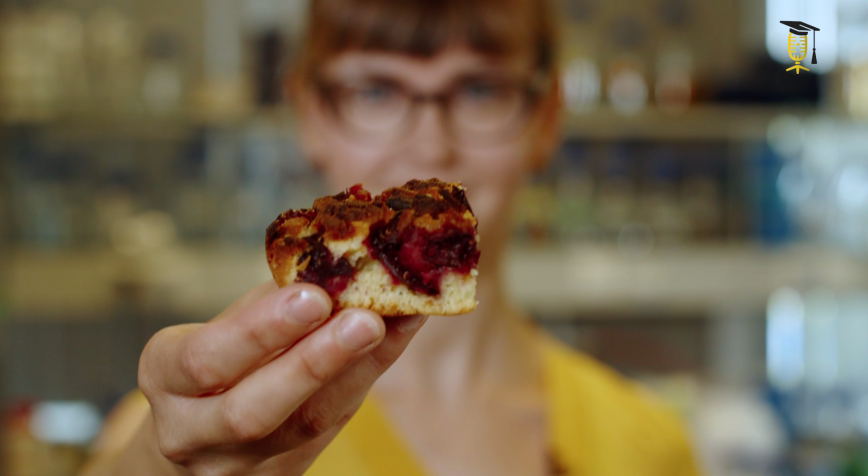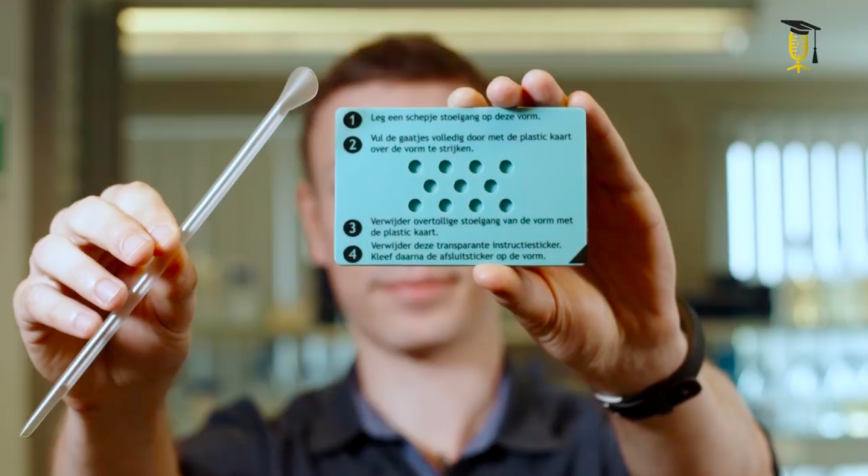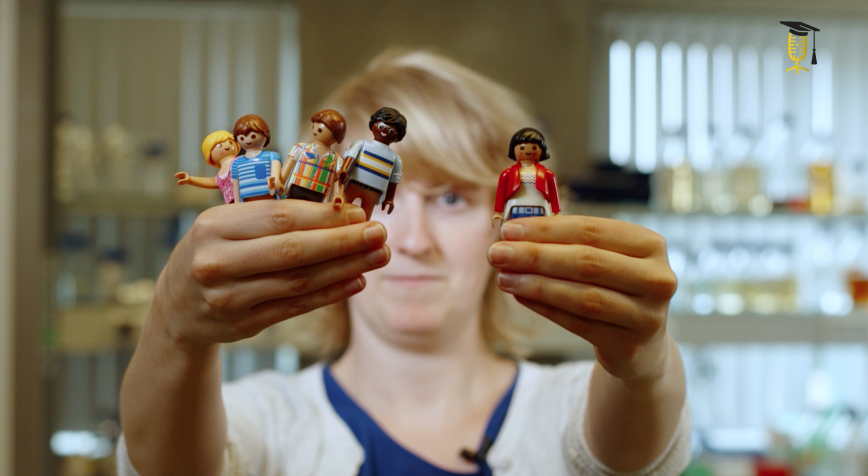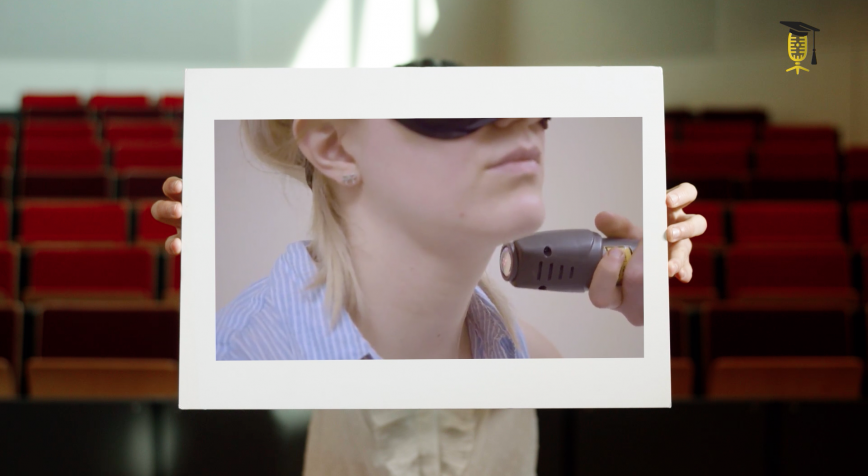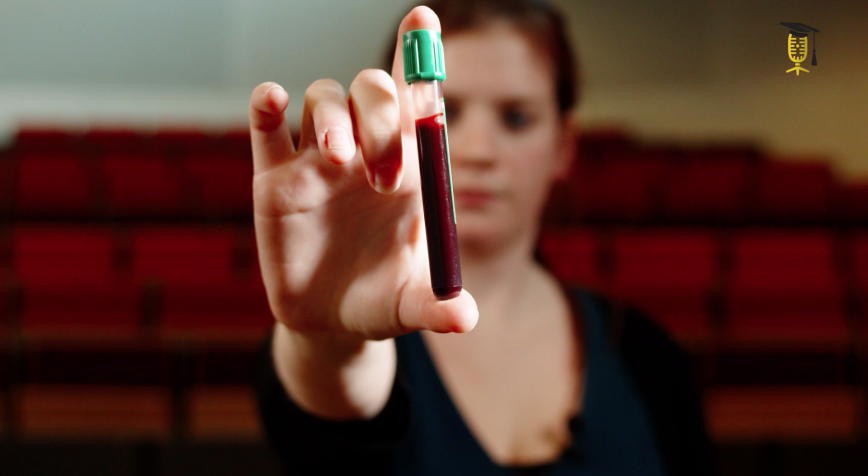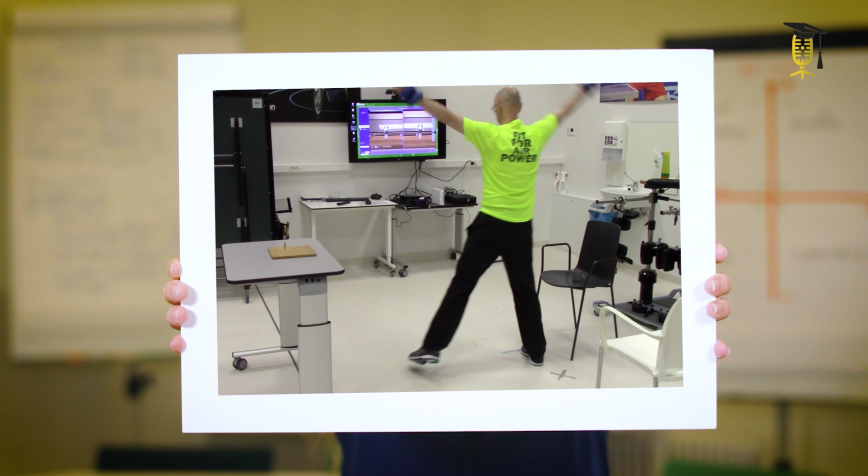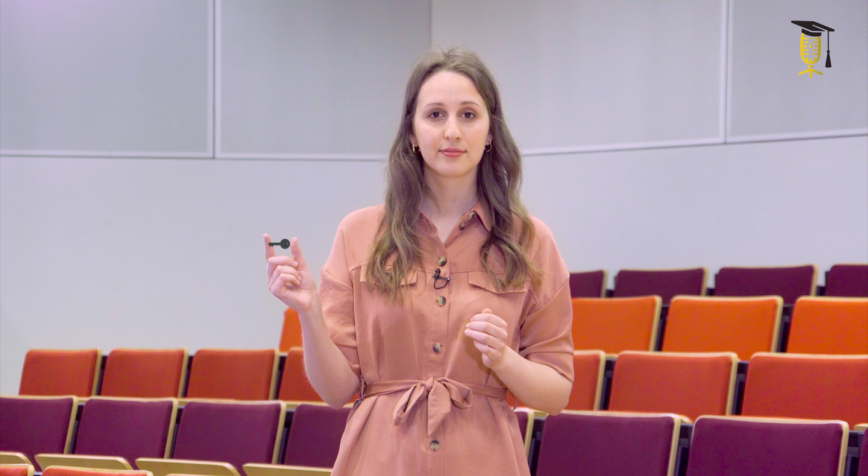
UHasselt
Cracking the genetic code of blood cancer multiple myeloma
Cracking codes, it's a thing in escape rooms. But it is also what Bénedith Oben tries, albeit in the laboratory. In this way, she hopes to find the key to better understand the development of multiple myeloma, a common blood cancer.


